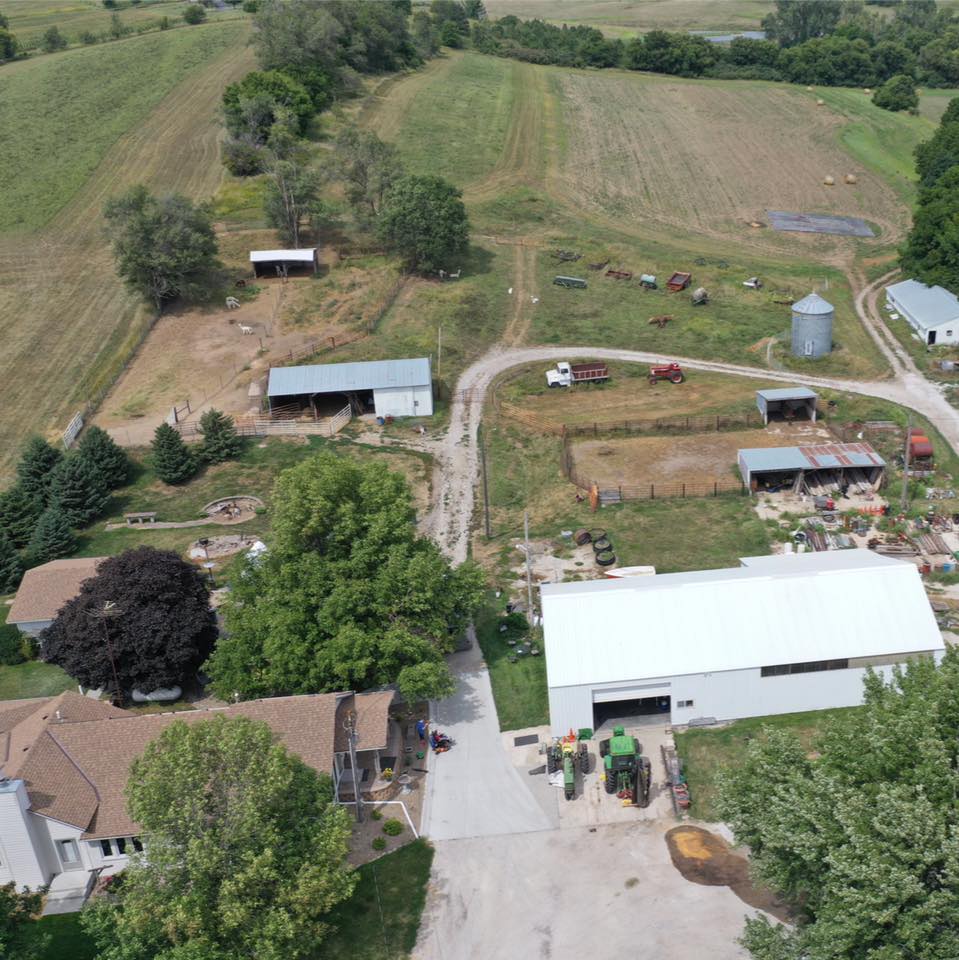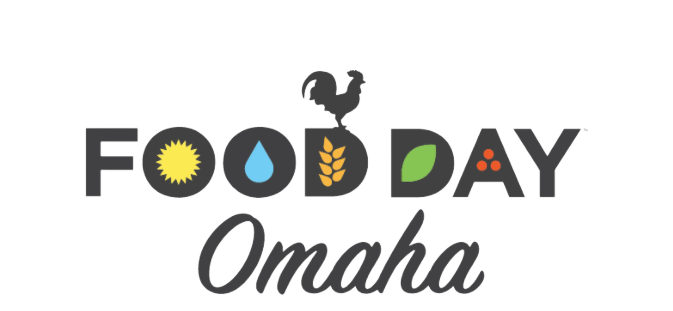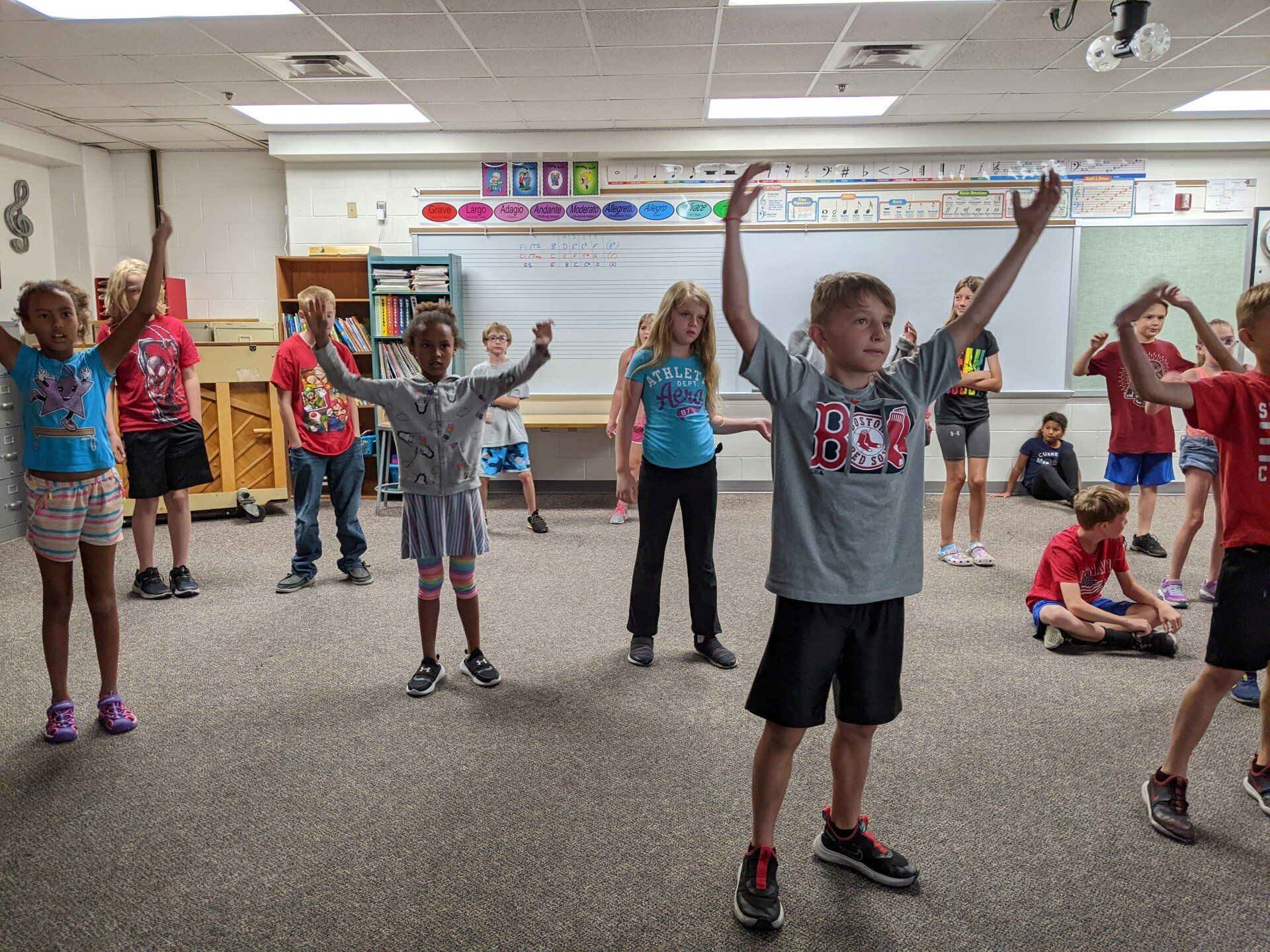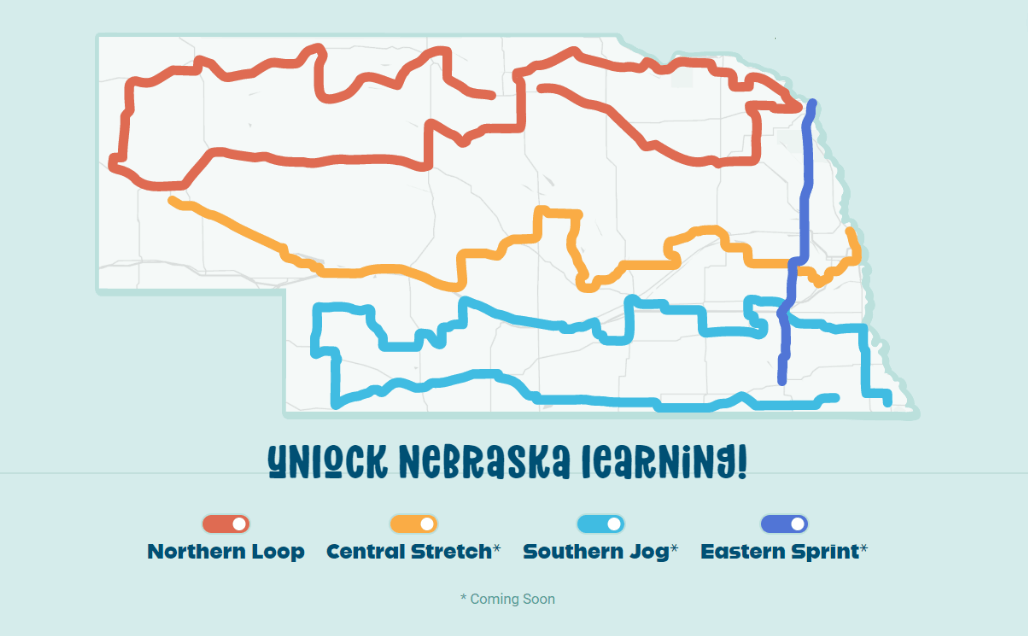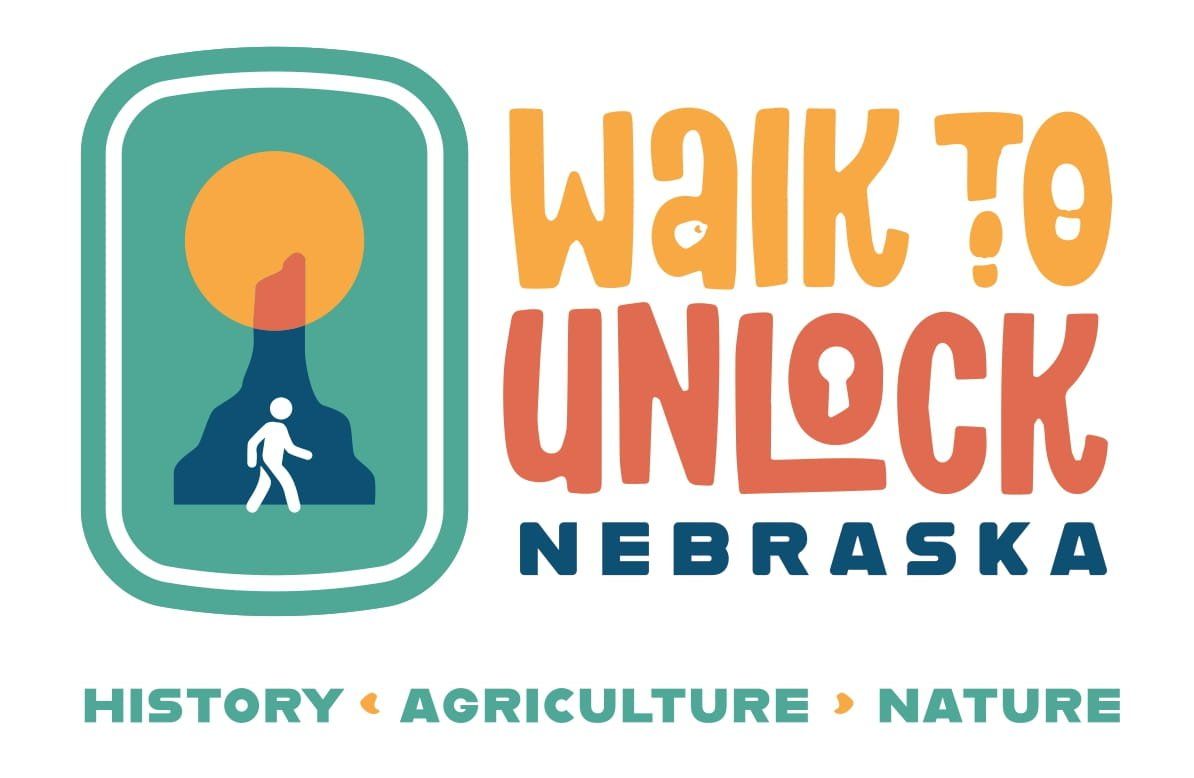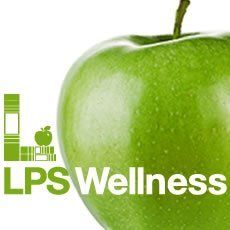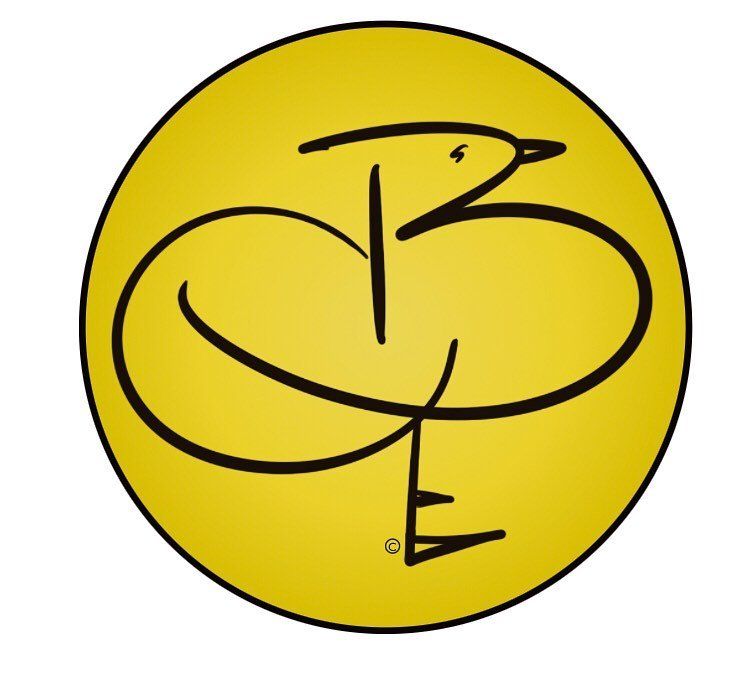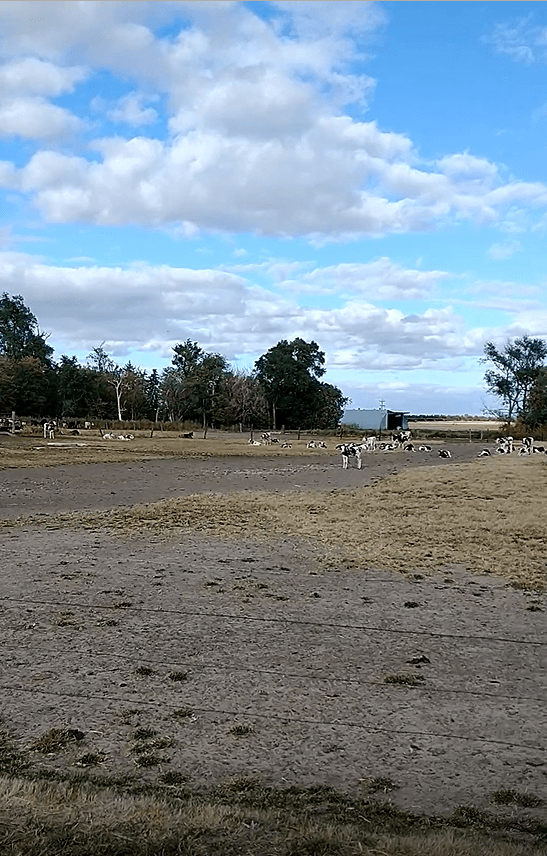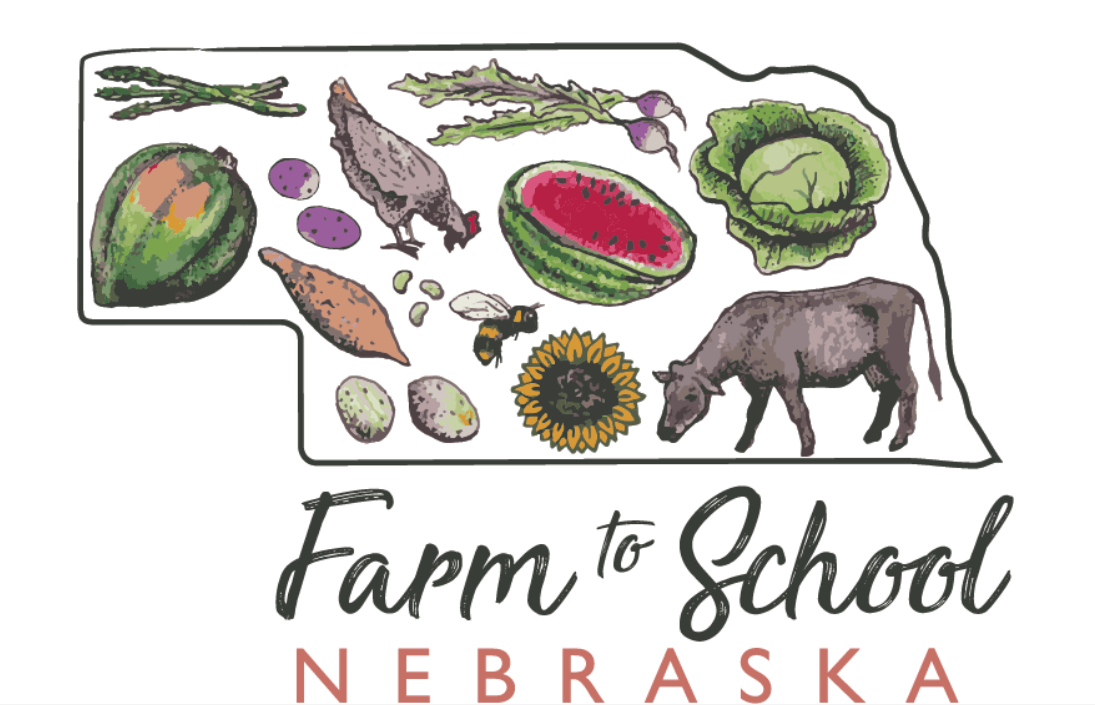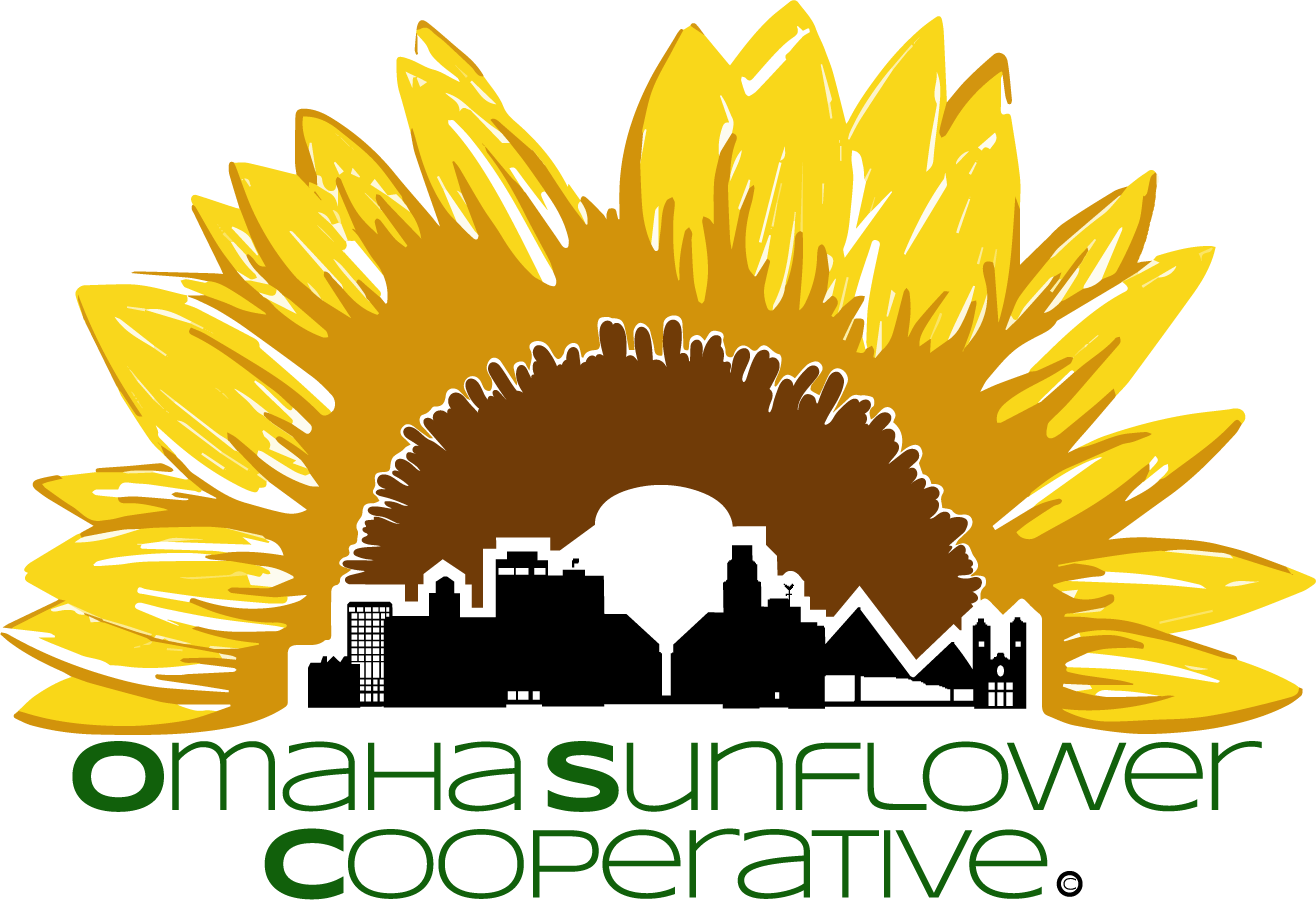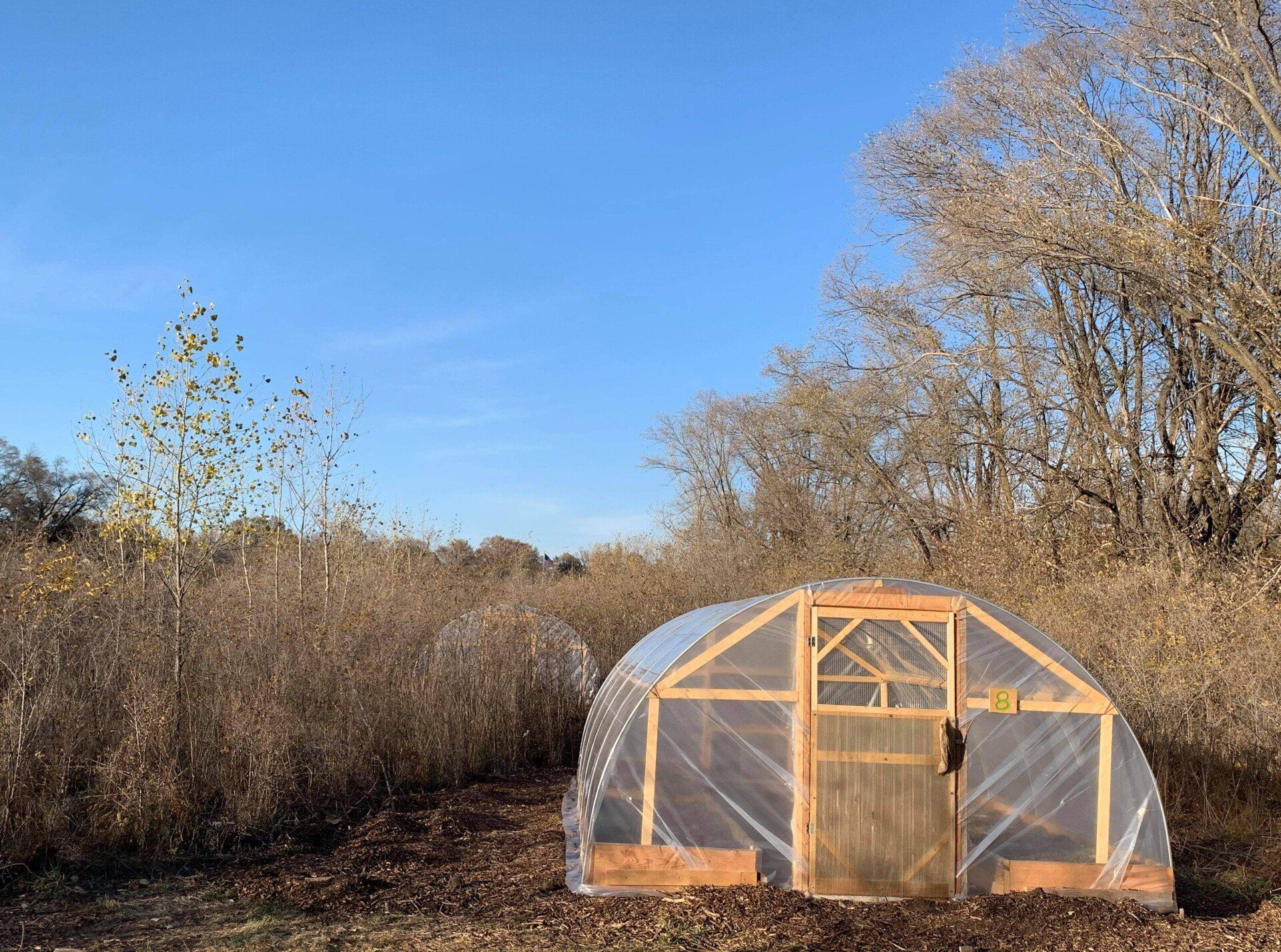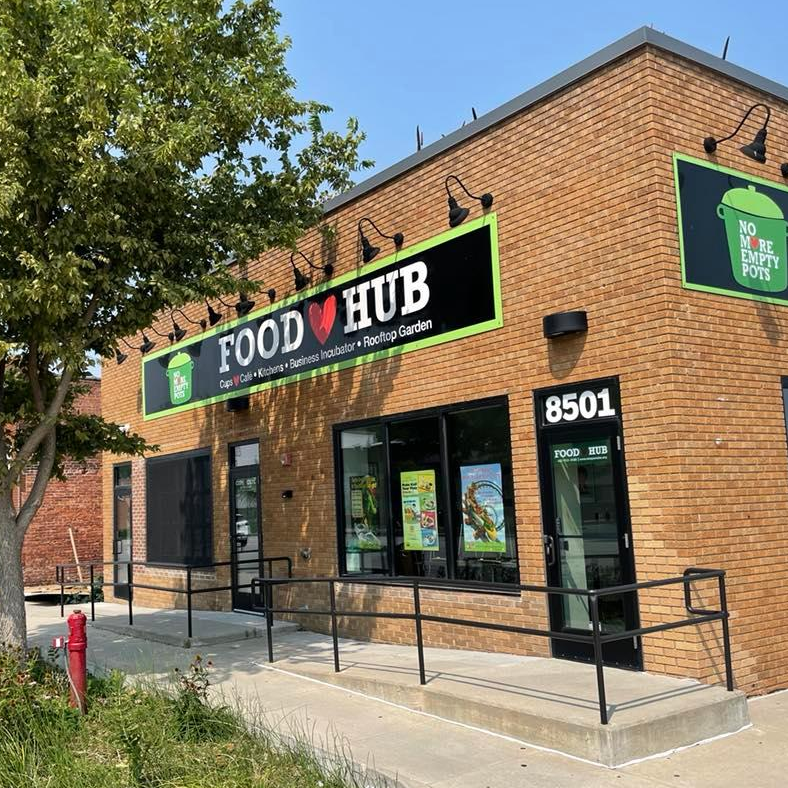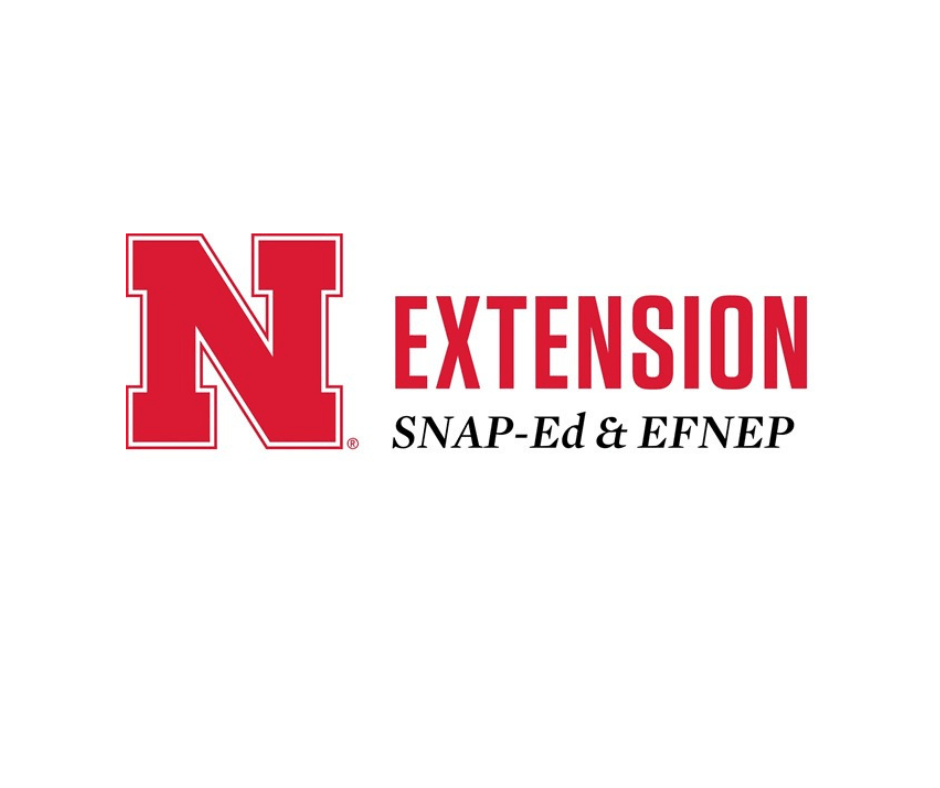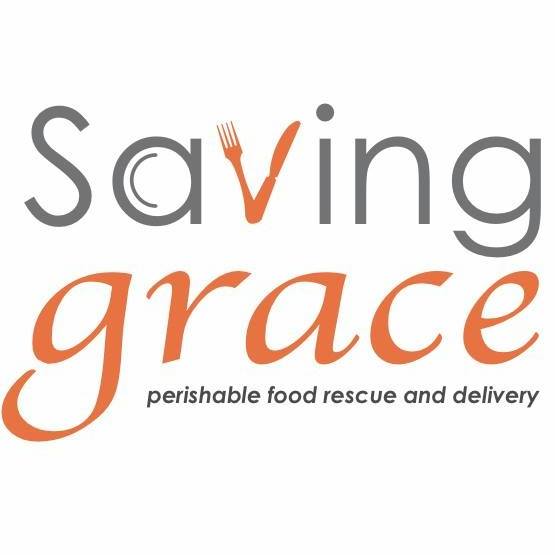Walk to Unlock Nebraska provides educational opportunities for K-8 students through virtual trail marker system
Walk to Unlock Nebraska provides educational opportunities for K-8 students through virtual trail marker system
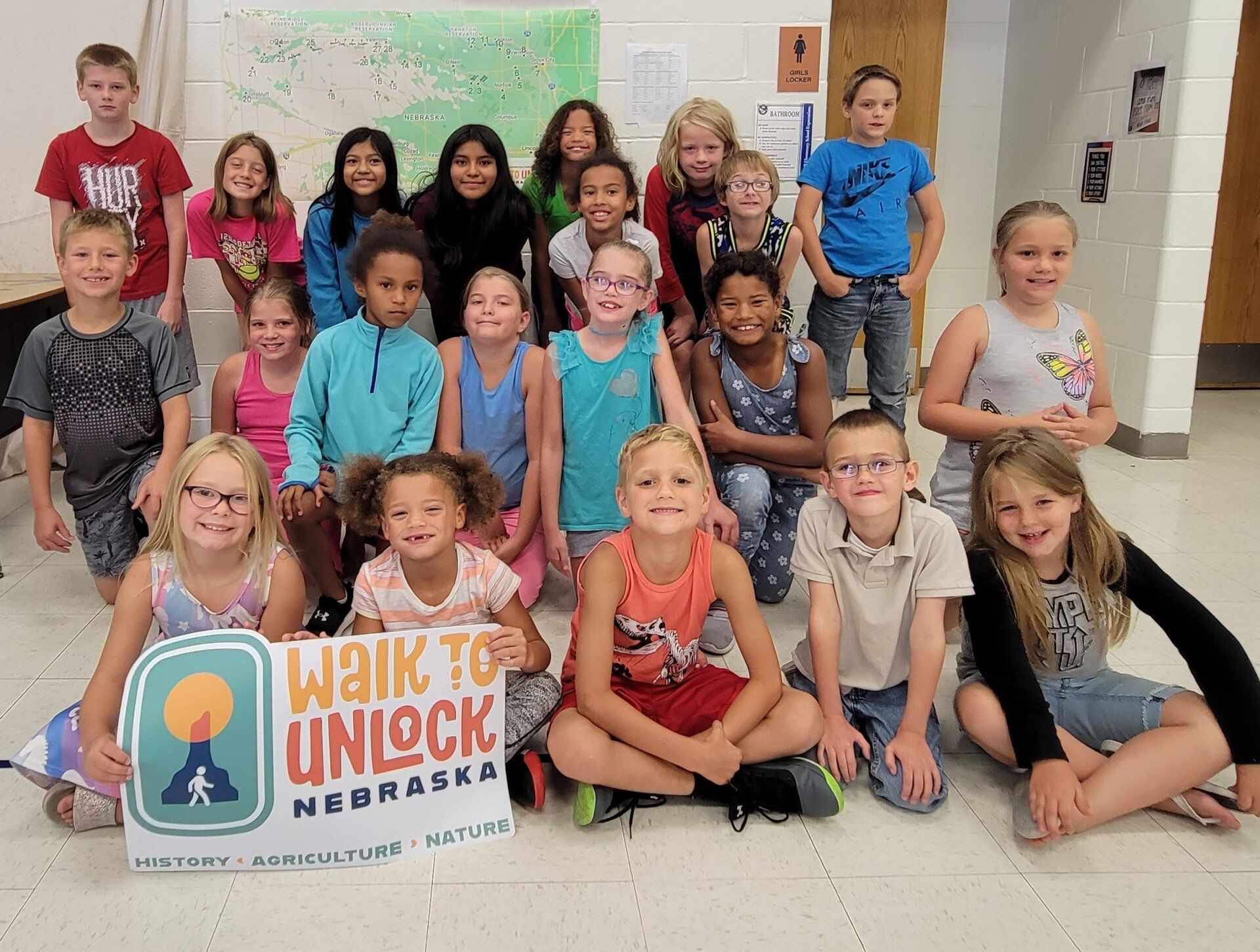
Students in the O'Neill Developing Eagles summer camp take a photo after completing the Walk to Unlock Nebraska curriculum. Photos courtesy of Erika Wibbels
A new statewide program is giving students the opportunity to explore Nebraska's agricultural and natural history.
The virtual program, Walk To Unlock Nebraska (W2UN), offers supplemental lessons in physical activity and STEAM education for K-8 students. The goal of W2UN is to increase access to physical activity opportunities and historical, agricultural and STEAM-focused curriculum (science, technology, engineering, arts and mathematics).
Made possible by a two-year Expanded Learning Opportunity Grant, the project was funded by proceeds of the Nebraska Lottery and approved by the Nebraska State Board of Education. The nearly $89,000 grant, which was awarded to the Nebraska Farm Bureau Foundation (NFBF), will provide hands-on enrichment activities and services delivered by after-school and summer programs across Nebraska until June 2024, according to a
press release.
The Nebraska Farm Bureau Foundation is partnering with the Nebraska Department of Education (NDE), Nebraska Game & Parks, Midwest Dairy Association, History Nebraska and the Nebraska Tourism Commission on the project. Erika Wibbels, program specialist for the NDE’s Office of Coordinated Student Support Services, says the collaboration has been mutually beneficial.
“Being able to partner with Midwest Dairy and the Nebraska Farm Bureau Foundation who value educating youth on nutrition is a win-win,” Wibbels says. “The Nebraska Department of Education works to help service the whole child, and nutrition is a big piece in maintaining healthy students who can be physically active and learn. We are excited to have youth learn about nutritional components taught through the Midwest Dairy and Nebraska Farm Bureau Foundation lessons as well as broaden their understanding of the farming operations here in Nebraska.”
Wibbels says the partnership came about through a collective desire to keep students engaged and active, particularly during COVID-19 when children were doing virtual schooling while at home with their families. W2UN is based on a previous project collaborating History Nebraska's marker system and physical activity program established in the 1990s.
“The first version was all history-based, and we really wanted to give the students a wide perspective of what our state has,” Wibbels says. “We still have several history pieces, but we have highlighted agriculture, nature and landmarks to be able to tie in some STEAM into the program.”
As part of W2UN, students will virtually walk across Nebraska while stopping at checkpoints that teach about subjects such as agriculture, nutrition and nature. The program allows participating community learning centers to track the miles students walk or exercise on an interactive map. W2UN will include four virtual trails: the Northern Loop, the Central Stretch, the Southern Jog and the Eastern Sprint, with each stop providing information and activities related to the location.
Wibbels says teachers can sign up their classrooms starting January 2023 through the NDE website. After-school programs and home-school groups are also welcome to participate. Teachers can select the lesson plan that works for their students and share progress links with parents.
“They really can space it out and tailor it to how it best fits their needs,” Wibbels says. “If they only want to do one lesson a week, then they’re going to have smaller groups of kids working toward that mileage. We want them to be able to tailor it to make it work in their atmosphere, because every classroom is different.”
While the goal is for classrooms to complete the W2UN curriculum within a semester, Wibbels says the program is flexible based on student needs. Participating schools have access to the program website, which includes an activity tracker and mile calculator, with an option for older students to do their own mile conversion. Each checkpoint also features a Go Noodle video allowing the opportunity for a built-in brain break and extra miles to the route completion.
In June, W2UN was piloted with the O’Neill Developing Eagles summer camp. The students completed the 1,171-mile Northern trail over the summer, and the group was provided a bulletin board map that allowed the children to track their miles as they went along.
“They really liked it,” Wibbels says. “I went out to O’Neill and interviewed them afterwards. One girl said, ‘We didn’t exercise with the Walk To Unlock program.’ The teachers had done a really good job of integrating exercise into their day without her even realizing.”
Wibbels says the students, who were in kindergarten through 6th grade, enjoyed the Go Noodle videos and lessons geared toward their interests. The teachers also appreciated the program's educational value and the minimal preparation time required.
A native of South Dakota, Wibbels says she even learned new information from putting the checkpoints together.
“The program is so widespread that it engages everyone,” Wibbels says. “Each checkpoint may not really be your jam, but it’s interesting to learn a tidbit about it and then go learn something about a different category. I’ve just learned a ton about the state of Nebraska as I’ve compiled all of our checkpoints.”
This fall, W2UN will be piloted in 10 after-school clubs and 10 to 15 classrooms. Wibbels says the project will allow NDE to continue to create programming that engages students, educators and families. She also hopes W2UN will teach urban and rural students about various aspects of the state.
“I think it really helps us to just create a well-rounded program that is enticing for teachers and students,” Wibbels says. “Being able to provide that different perspective and different focus is really nice.”
For more information on Walk to Unlock Nebraska, view the full
press release.

Photo courtesy of Erika Wibbels
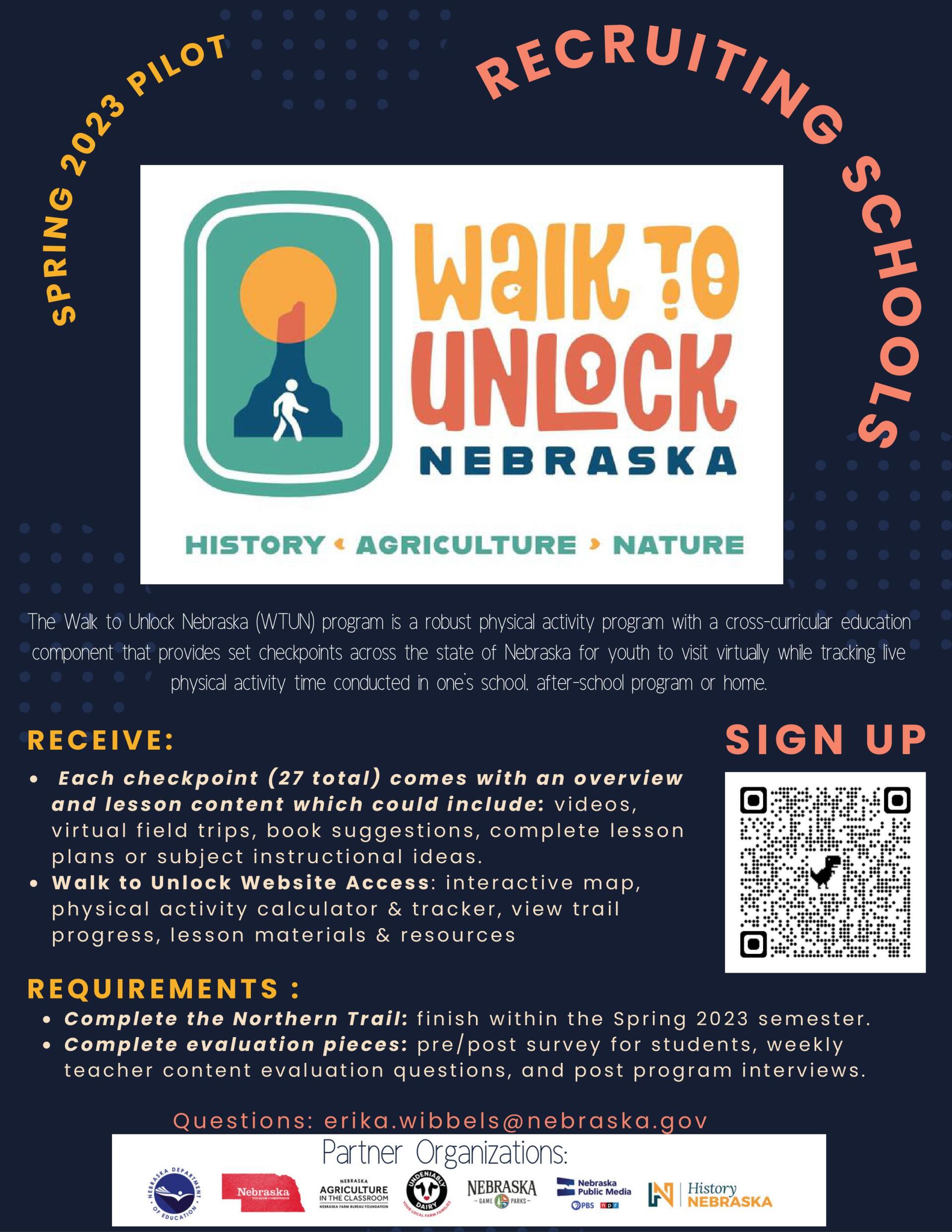
Spring 2023 recruitment flyer for W2UN courtesy of Erika Wibbels
